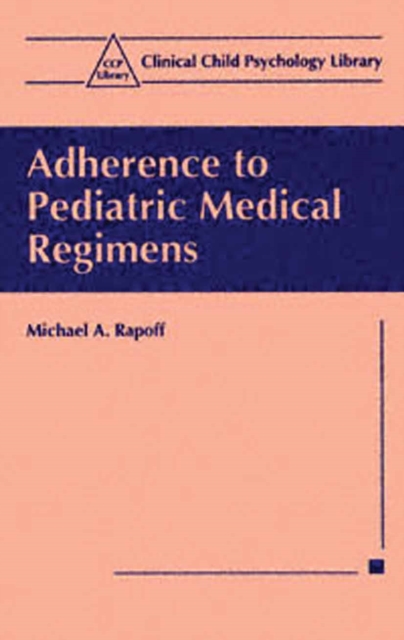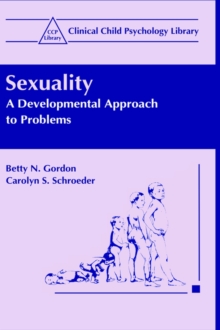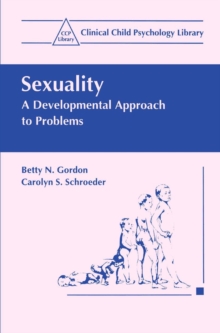
Adherence to Pediatric Medical Regimens PDF
by Michael A. Rapoff
Part of the Clinical Child Psychology Library series
Description
1. It is incumbent on medical providers that they are asking patients to - here to regimens with demonstrated eficacy, Providers need to remind themselves of the Hippocratic oath: "I will follow that system of regimen which, according to my ability and judgment, I consider for the benefit ofmy patients, and abstain from whatever is deleterious and mischievous" (as cited in Cassell, 199 1, p. 145). 2. Providers need to abandon the "blame and shame" approach to dealing with medical adherence problems.
It is tempting to blame patients for adherence failures and shame them into changing their behavior.
Providers need to share the blame (or better yet omit blame) and look at their own attitudes and behaviors that impact adherence.
For example, failing to simplify regimens or minimize negative side effects can adversely impact patient adherence. 3. Patients and their families are no longer (or maybe were never) satisfied with apassive role in their health care.
In fact, the tern compliance lost favor in the literature because it implied for some an authoritarian approach to health care that required unquestioned obedience by patients to provider recommendations (DiMatteo & DiNicola, 1982).
Comprehensive and effective health care requires a cooperative relationship between providers and patients and their families.
It also acknowledges the following realities, particularly for treating persons with chronic illness: "Doctors do not treat chronic illnesses.
The chronically ill treat themselves with the help of their physicians; the physician is part of the treatment.
Information
-
Download - Immediately Available
- Format:PDF
- Publisher:Springer US
- Publication Date:23/11/2007
- Category:
- ISBN:9780585375816
Other Formats
- PDF from £59.49
- Paperback / softback from £44.99
- Hardback from £126.25
Information
-
Download - Immediately Available
- Format:PDF
- Publisher:Springer US
- Publication Date:23/11/2007
- Category:
- ISBN:9780585375816










